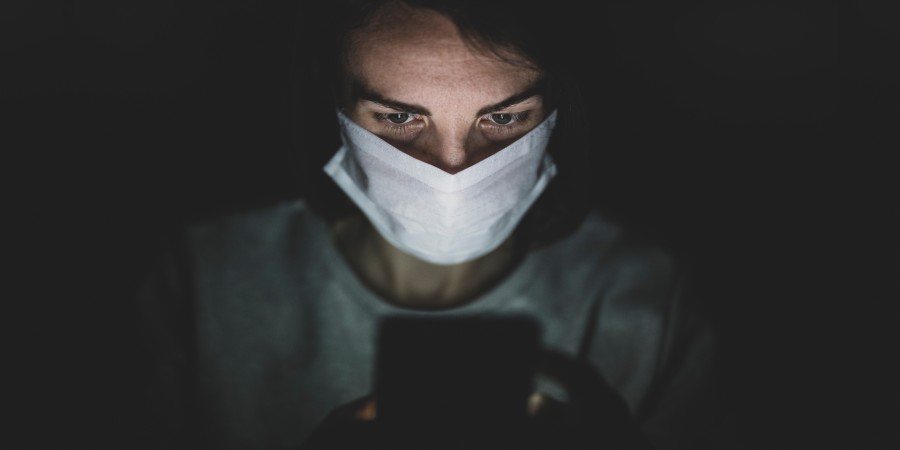Reflection as a learning tool

Living through these unusual, serious and difficult times invites pragmatic introspection on important and existential questions. Primary being, how will we get through this? What will the world look like, after COVID-19 dust settles?
COVID-19 has shone light on how the future global challenges will transpire and can play out. We will be better prepared to tackle and respond to emergencies and other sustainability challenges as a result of this experience.
One big thing that COVID-19 has taught us is, we are interconnected and interdependent in ways we did not fully understand before – and that without solidarity, especially the vulnerable ones, we all will lose. No one has been left untouched with the effects of the pandemic during the last few weeks. This elucidates in a very real way that global challenges such as climate change, which is a pressing issue since long, will eventually hit us hard. It is already affecting our lives – but the interconnected strands are now becoming visible and consequential.
Our society is interlinked in a way that causes the failure of one component to bring about the failure of others. In the current pandemic, there are huge gaps in public health and medical support system, including gaps in access to affordable medical care and scarcity of hospital facilities to treat COVID-19 victims. That might have led to a collapse in economy including our food, transportation, education and social welfare systems, and our capacity to prevent or treat the disease itself.
Policymakers must make a difficult and a careful choice while deciding to invoke extraordinary surveillance powers during a crisis, including how invasive those measures should be. Strategies that help combat the pandemic should base data as their deciding factor to move ahead for the wellbeing of the citizens – impromptu decisions and policies will definitely not benefit for long.
Currently, we have enough time to process the reality of how this pandemic is shaping the entire world. After all, this is the time we find a common dais on how to address urgent problems on our doorstep and create a world after COVID-19 that is common and just.
Taking an optimistic leap
While many of us are working from home, many others are still out to perform essential jobs. From taking care of the sick to delivering groceries, these workers are ensuring that our societies keep running during lockdown, putting themselves and their families at significant risk. On the healthcare front, we have seen the efficacy of the surge in critical care, the expansion of testing and other traditional approaches, development of antibody testing, unknown nature of immunity and a wave of innovation that might produce treatments and vaccines.
Care and responsibility has increased, and is important than before – neighbours are looking out for each other, societies are finding new ways to interact and sustain for basic necessities and businesses are looking out for their employees, suppliers and vendors. Much-needed protective equipment is now being funded by private institutions, and people are extending hands to the deprived in every way possible.
National governments are taking important measures to prioritize the well-being of their citizens, committing significant economic relief packages and elevating healthcare efforts to protect people, especially vulnerable communities. They have prioritized measures such as physical distancing, enforced travel restrictions, created awareness for effective use of personal protective equipment (PPE) and conducted testing and tracing in the best possible manner.
We are in this together
Considering the variety of approaches in use, there is no doubt that public understanding and consensus will evolve day by day. We will continue to find out more about the coronavirus – how it is mutating, the duration of immunity, its transmission dynamics, and so on.
Remember, one cannot go on this journey alone – in particular, everyone is utterly dependent upon the capacity of all of us to have a shared knowledge of how the world works. Only situations like these can help us take firm, solicitous actions in future to reduce pollution, overpopulation, wild animal markets and all the other triggers of impending catastrophe.
We can beat back a global crisis only if we bond together and foster a multi-stakeholder approach. Though COVID-19 is triggering unpredictable responses of a magnitude far greater than the anticipated, thoughtful actions like above will lead to consequences beneficial to health and sustainability of societies. Synergies begin to act in favour only when we achieve a society in which rational decisions are made.


